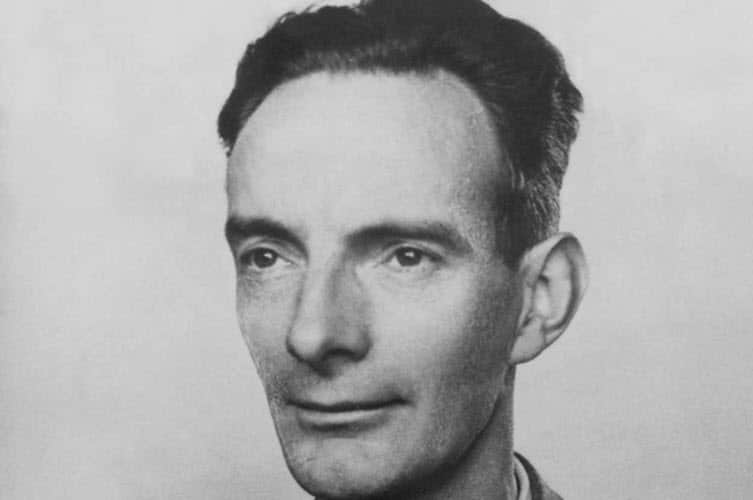Daniel Bovet: Mastering Medicinal Chemistry to Heal Humanity

Daniel Bovet (23 March 1907 – 8 April 1992) was a Swiss-Italian pharmacologist and biochemist who won the Nobel Prize in Physiology or Medicine in 1957 for his work on antihistamines and muscle relaxants.
Life and Career
He was born on 23 March 1907, in Neuchâtel, Switzerland. He received his early education in Switzerland and earned a degree in chemistry from the University of Geneva in 1929. He then went to Paris to work with the famous pharmacologist and physiologist, Charles Richet, at the Collège de France. He earned his doctorate in 1931 from the University of Paris with a thesis on the pharmacology of curare.
After completing his doctorate, Bovet spent several years working in England and France before moving to the United States in 1937 to take up a research position at the University of Rochester in New York. His work focused on the development of drugs and their effects on the body, particularly on the nervous and cardiovascular systems. His most significant contribution was the discovery of antihistamines, drugs that block the effects of histamine, a chemical involved in allergic reactions.
In the 1930s, Bovet began studying the effects of histamine on the body and discovered that certain compounds could block its effects. He went on to develop the first antihistamine drug, pyribenzamine, which was approved for use in 1942. This discovery revolutionized the treatment of allergies and allergic reactions.
He also made significant contributions to the understanding of how drugs interact with the body. He developed a technique called microelectrophoresis, which allowed researchers to observe the movement of charged particles, such as drugs, in solutions. He also studied the effects of various drugs on the nervous system and the cardiovascular system.
He later worked at the Pasteur Institute in Paris before returning to Italy in 1947 to take up a position at the University of Rome. In 1964, he was appointed as the director of the Institute of Pharmacology at the National Research Council in Rome, where he continued to work until his retirement in 1972. He was also a member of several scientific academies and societies, including the National Academy of Sciences in the United States and the Royal Society in the United Kingdom. He died on 8 April 1992, in Rome, Italy.
Award and Legacy
He received the Nobel Prize in Physiology or Medicine in 1957 for his work on antihistamines and muscle relaxants. He received many other awards and honors during his career, including the Legion of Honor from France in 1958.
Observer Voice is the one stop site for National, International news, Sports, Editor’s Choice, Art/culture contents, Quotes and much more. We also cover historical contents. Historical contents includes World History, Indian History, and what happened today. The website also covers Entertainment across the India and World.

